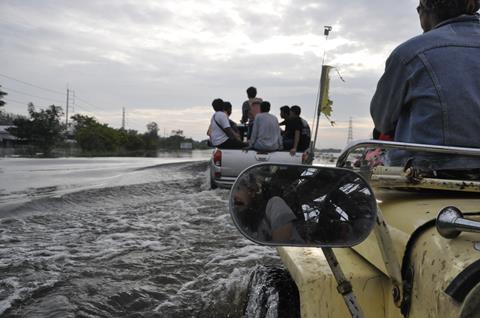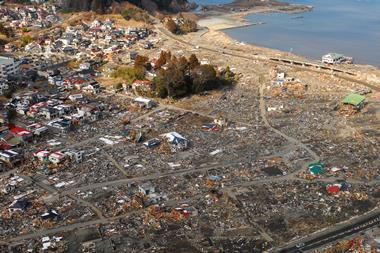Businesses are unprepared for the rapidly changing, complex and interconnected supply chain environment, warns WEF

Risk management practices urgently need to be reviewed to keep up with the rapidly changing supply chain environment, urged a World Economic Forum report released at the annual meeting in Davos.
Natural disasters, conflict and political unrest, sudden demand shocks, export or import restrictions and terrorism are the biggest threats to supply chains, said the WEF report.
The research called for new models to address supply chain and transport risks, necessary in the face of a rapidly changing business world.
US Homeland Security Secretary Janet Napolitano warned in Davos: “We must continue to strengthen global supply chains to ensure that they operate effectively in time of crisis; recover quickly from disruptions; and facilitate international trade and travel.”
Significant disruptions like theThailand flooding and the Japanese earthquake demonstrated the fragility of global supply chains.
The report underlines that globalisation, mass travel and the geographical concentration of production have made supply chains and transport networks “more efficient, but have also changed their risk profile”.
We must continue to strengthen global supply chains to ensure that they operate effectively in time of crisis; recover quickly from disruptions; and facilitate international trade and travel.
US Homeland Security Secretary Janet Napolitano
Encouragingly, supply chain risk is winning more attention. More than 90% of those surveyed by the WEF initiative indicate that supply chain and transport risk management has become a greater priority in their organisation over the past five years.
“General uncertainty in the global economy and the increasing sophistication of supply chains naturally breeds concern around network efficiency and vulnerability,” said Frank Appel, chief executive officer, Deutsche Post DHL.
“Our industries are working through the World Economic Forum’s Supply Chain & Transport Risk Initiative to understand and improve systemic resilience, for the benefit of business and society.”
Collaborative networks, effective risk legislation and incentivisation, appropriate data and information sharing, improved quantification metrics and enhanced scenario planning were all mentioned as effective mitigation for supply chain risks.
The survey was conducted by the WEF in cooperation with Accenture.




















No comments yet